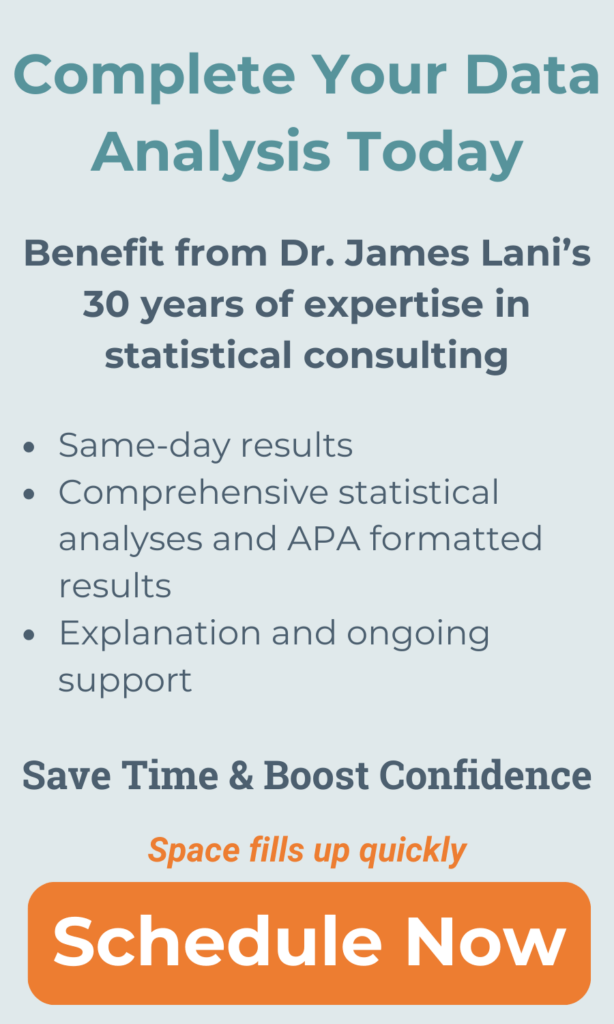Teacher Self-Efficacy Scale
The Teacher Self-Efficacy scale is a 10 item measure developed by Ralf Schwarzer, Gerdamarie Schmitz, and Gary Daytner in 1999. It identifies job skills and groups them into four major areas: (a) job accomplishment, (b) skill development on the job, (c) social interaction with students, parents, and colleagues, and (d) coping with job stress. The items, originally 27, reduced to 10, were constructed following Bandura‘s social cognitive theory (Bandura, 1997; Schwarzer, 1992, 1993). Therefore the items are personal, using the word “I” and the concept “can” or “be able to.” Also the authors focused on difficult tasks, reasoning along with Bandura’s theory that to ask about easy tasks would not be getting at self-efficacy.
Authors
Ralf Schwarzer, Gerdamarie S. Schmitz, & Gary T. Daytner, 1999
Reliability and Validity
Original 27 items administered three times to ~300 German teachers. Optimizing validity was desired over maximizing internal consistency.
Cronbach’s alpha between .76 and .82
Test-retest reliability .67 (N = 158) and .76 (N = 193) over one year. Over two years .65 (N = 161).
See the instrument page on Ralf Schwarzer’s website for more information
Obtaining the Instrument
This instrument is offered for free on Ralf Schwarzer’s website.
Administration, Analysis and Reporting
Intellectus Consulting can assist the student or professional researcher in administering the survey instrument, collecting the data, conducting the analyses and explaining the results.
For additional information on these services, click here.
References
Bandura, A. (1997). Self–efficacy: The exercise of control. New York: Freeman.
Schwarzer, R. (ed.) (1992). Self–efficacy. Thought control of action. Washington, DC: Hemisphere.
Schwarzer, R. (1993). Streß, Angst und Handlungsregulation (3. Auflage). Stuttgart: Kohlhammer.
Schmitz, G.S. (1998). Entwicklung der Selbstwirksamkeitserwartungen von Lehrern. . Unterrichtswissenschaft, 2, 140-157.
Schmitz, G.S. & Schwarzer, R. (2000). Selbstwirksamkeitserwartung von Lehrern: Längsschnittbefunde mit einem neuen Instrument . Zeitschrift für Pädagogische Psychologie, 14 (1), 12-25.
Schwarzer, R., & Hallum, S. (2008). Perceived teacher self-efficacy as a predictor of job stress and burnout: Mediation analyses. APPLIED PSYCHOLOGY: AN INTERNATIONAL REVIEW,57, 152–171 (Special Issue: Health and Well-Being). doi: 10.1111/j.1464-0597.2008.00359.x

If you’re like others, you’ve invested a lot of time and money developing your dissertation or project research. Finish strong by learning how our dissertation specialists support your efforts to cross the finish line.
